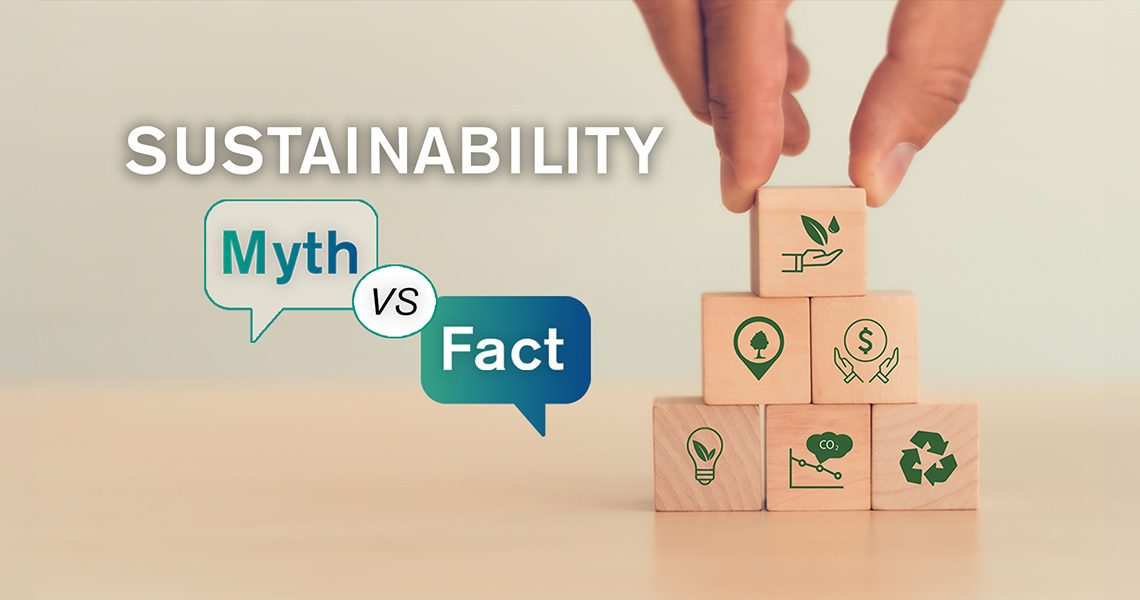Nissan debunks 5 common myths about sustainability

From EVs to plastics
In a world where the term “sustainability” is frequently bandied about, often losing its meaning, Nissan is committed to redefining what it truly entails—beyond mere eco-friendliness. The automotive giant emphasises that sustainability is integral to creativity, innovation, and research initiatives.
Nissan’s ambitious Green Program 2030 outlines a roadmap to achieve carbon neutrality by 2050. Coupled with the Nissan Social Program 2030, these initiatives aim to make the company more people-centric while addressing pressing issues such as climate change, air and water quality and promoting inclusive communities.
“It’s a lot to digest,” admits a Nissan spokesperson, “but our goal is to illustrate what sustainability means to us and the industry as a whole.”
To clarify misconceptions, Nissan is debunking five common myths about sustainability:
Myth 1: Sustainability is just about green initiatives
True sustainability encompasses social responsibility and positive community impact, not just environmental concerns. By fostering a diverse workforce and implementing initiatives like the Nissan Social Program 2030, the company aims to empower communities. This aligns with the United Nations Sustainable Development Goals, which focus on economic growth, reducing inequalities, and building sustainable cities.
Myth 2: Electric Vehicles are impractical
Another misconception is that electric vehicles (EVs) have limited range. Modern EVs, such as Nissan’s Ariya, are designed to accommodate daily commutes and longer trips. As charging infrastructure expands, drivers can confidently reduce their carbon footprints without worrying about range limitations.
Myth 3: Social media has no real impact
Critics often argue that social media discussions about environmental issues are ineffective. However, Nissan believes social media can drive real change by raising awareness and connecting individuals with similar values. Initiatives like Onigiri Action, which feeds school-aged children in need, demonstrate how online platforms can facilitate meaningful action.
Myth 4: Plastics are always bad
While plastics have garnered a negative reputation, Nissan highlights their essential role in manufacturing. Innovations have led to biodegradable and plant-based alternatives, but plastics’ lightweight and versatile properties are crucial for producing more fuel-efficient vehicles. Nissan ensures responsible use of plastics by implementing sorting systems to promote recyclability.
Myth 5: Only large-scale efforts matter
Many believe that significant sustainability efforts are the only ones that count. Yet, small community actions can have a profound impact. Nissan employees practise recycling in their daily routines, illustrating that collective small efforts can lead to significant strides in combating climate change.
In conclusion, Nissan emphasises that sustainability is not merely a checklist—it’s about enriching lives and fostering a sustainable future. “Together with our customers, partners, and communities, we can create a healthier planet for all,” the Nissan spokesperson said.
Featured image: Credit: Nissan
Last Updated on 5 months by News Desk













